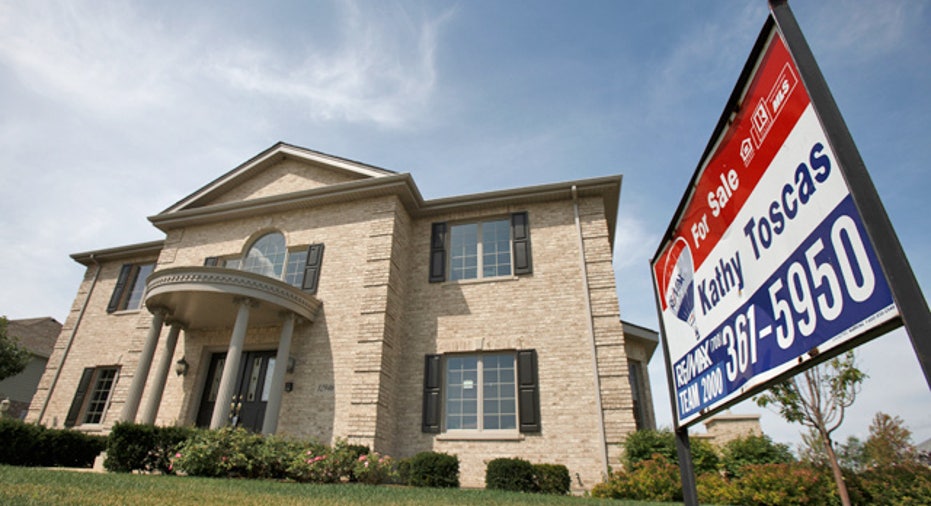Buying a Home? Be Ready for These Closing Costs

For most of us, there’s no bigger purchase than buying a home. And with big purchases, even minor fees can carry a big price tag.
Before signing the paperwork and taking on a mortgage, it’s a good idea to get educated about the process. Many people either don’t know or forget to factor in the closing costs they will pay. This is the money paid, usually upfront, to close the real estate deal. And it can be hard to know just how much you will have to pay ahead of time. In general, you can usually estimate the fees will add up to between 2%-5% of the home’s value, the range is usually so large because they are a collection of different expenses that apply for different reasons. To help you understand what you are paying, check out some of the common closing costs.
1. Lender Charges
There are two categories of charges you pay your lender to secure your mortgage. First is the origination charge — the standard cost all lenders charge for the service of getting you a loan. This is essentially the broker or loan officer’s compensation for making the deal. Around 1% of the loan amount is not unusual. The second, mortgage points, are what you pay in order to secure a lower interest rate. You can pay more points upfront so you can pay less in interest during the term of your loan. This can be a good option for people who have more money available but a less-than-stellar credit score or when interest rates are higher. (You can see where your credit scores stand for free on Credit.com.)
2. Settlement Services
Buying a home is a business deal. Closing a real estate deal requires some administrative and legal work and that doesn’t come cheap. These expenses usually include the cost of pulling your credit report, having your home appraised and to have the sale documented by the local government. Other fees included as settlement services are flood certification, title services, lender’s title insurance, owner’s title insurance, home inspection, postage, survey costs, transfer taxes, attorney, closing and settlement fees.
3. Prepaid & Escrow
The final category of closing costs is what you have to pay upfront for fees you will then pay continually and regularly. Some of these are placed into an escrow account, a special holding account where funds can only be accessed in certain circumstances. Prepaid costs can include homeowner’s insurance to escrow property taxes and interest that covers the time you take over as homeowner to when you will make your first full interest payment.
While these are the most common fees that will generally make up your total closing costs, not every buyer will pay every fee listed. You’ll typically get an estimate of closing costs soon after you apply for a mortgage, and exact costs prior to closing. Buying a home is a major transaction, and there are several factors that affect the cost beyond the selling price of the home. That’s why it’s important to carefully consider how much house you can afford before you start your search.
More from Credit.com:How Much House Can You Afford?How to Get Pre-Approved for a MortgageHow to Avoid Problems When Closing on a Home
This article originally appeared on Credit.com.
AJ Smith is an award-winning journalist with more than a decade of experience in television, radio, newspapers, magazines and online content. She currently serves as the managing editor for SmartAsset. AJ has a passion for meeting new people, sharing stories and helping others. She has degrees from Princeton University and Mississippi State University. AJ and her husband also write and illustrate educational children’s books. More by AJ Smith



















